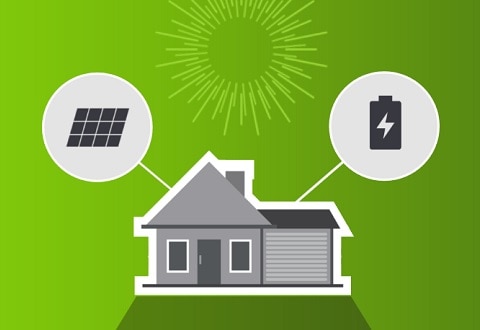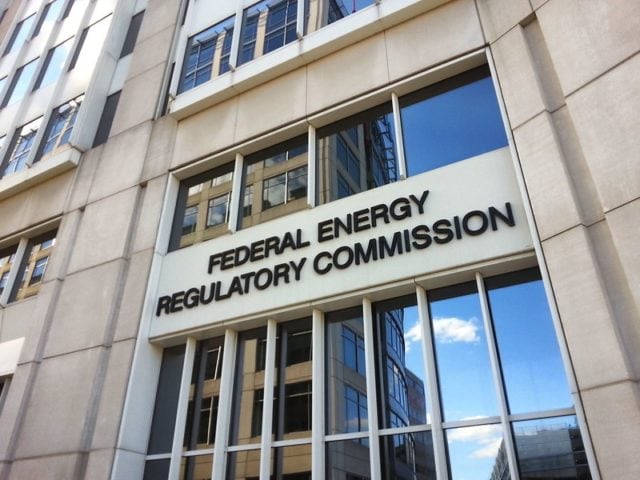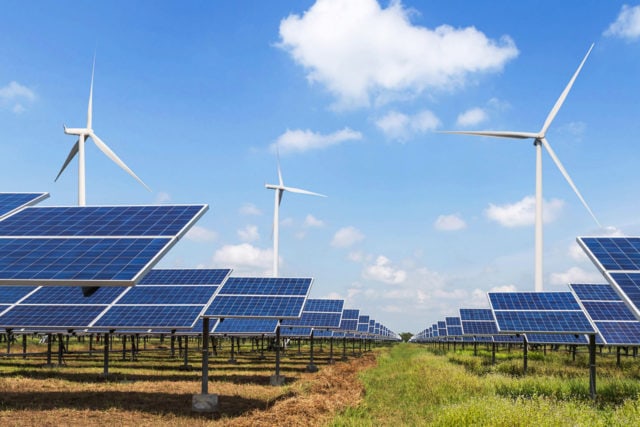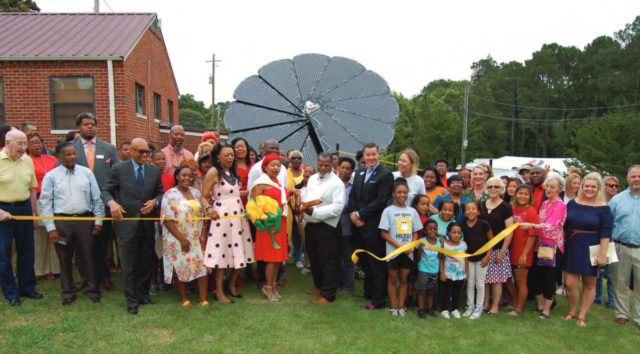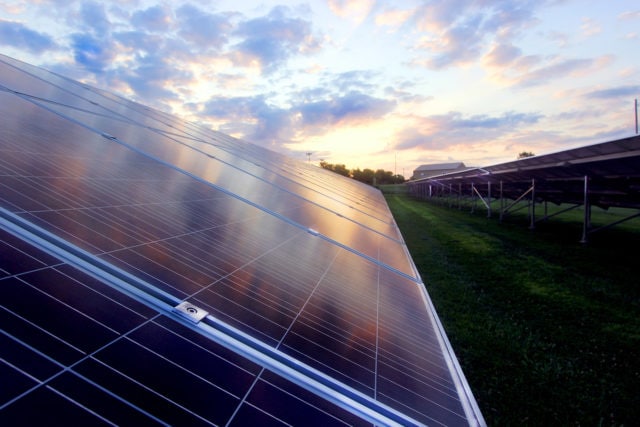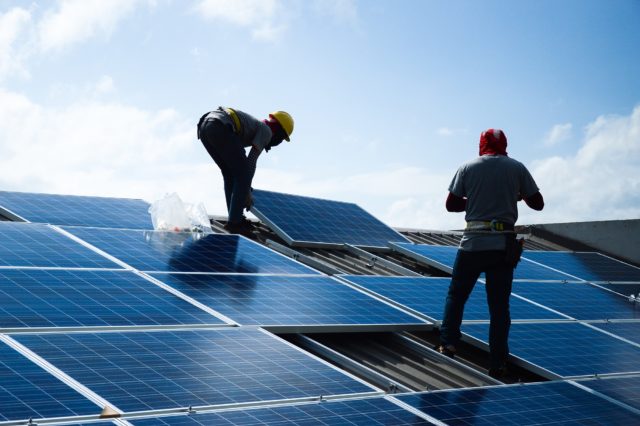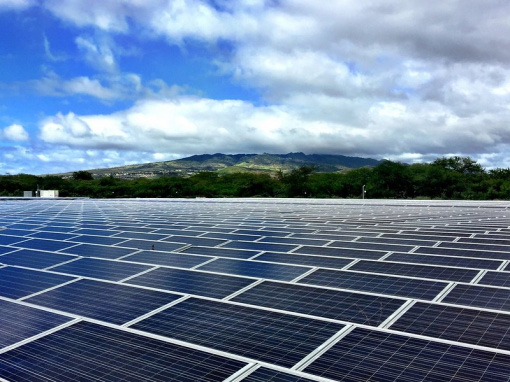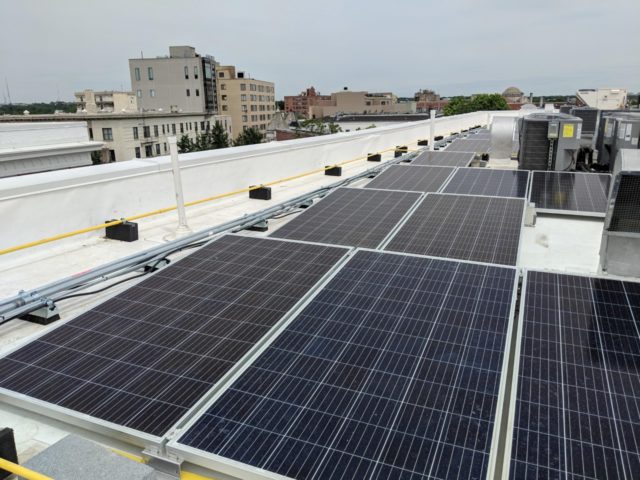CESA Blog
Reducing Peak Demand: Lessons from State Energy Storage Programs
States are increasingly adopting clean energy plans and climate goals, meaning our electric grids are more frequently fueled by variable renewables like solar PV and wind energy. While renewables are inexpensive and clean, they are not dispatchable without energy storage – in other words, they may not generate power at the right times to meet…
ConnectedSolutions First Results: Massachusetts’ groundbreaking efficiency program for customer batteries receives its first report card
Last year, with technical support from Clean Energy Group (CEG), Massachusetts became the first state to officially incorporate behind-the-meter battery storage into its energy efficiency plan, and utilities began enrolling customers across the state in a groundbreaking pay-for-performance program. Now, preliminary results from this program, called ConnectedSolutions, have been published in a report from Navigant…
DC Court Upholds Major FERC Storage Order, Should Lead to Massive New Battery Markets Across Country
This morning, the US Court of Appeals for the DC Circuit upheld a major federal rule (FERC Order 841) that should lead to significantly expanded battery storage use in wholesale markets across America. In a hotly contested case, a three-judge panel of the D.C. Circuit unanimously ruled that FERC has the authority to require states…
CESA Honors Six Clean Energy Programs with the 2020 State Leadership in Clean Energy Awards
The Clean Energy States Alliance announced the recipients of the 2020 State Leadership in Clean Energy Awards at its annual membership meeting, held online in early June. Since 2009, the biennial Leadership Awards have recognized outstanding state programs and projects that have accelerated the adoption of clean energy technologies. The six winners were chosen by…
The New England Battery Revolution: In a Public Health Crisis, State Efficiency Programs Are Making Resilient Power Affordable for All
In this time of the coronavirus, losing electricity has more far reaching consequences than ever before. To those at home with children, a power outage could mean no distance learning; to those with home-based medical equipment, it could mean illness or worse; to those now working remotely, it could mean inability to run a business,…
CESA Launches 100% Clean Energy Collaborative
The Clean Energy States Alliance has launched the 100% Clean Energy Collaborative, a new initiative to provide critical information sharing and knowledge transfer among states that have established 100% clean energy goals for their electricity sectors. The rapid adoption of aggressive clean energy targets by states has been one of the most important energy and climate change policy developments of the past few years; 14 states plus the District of Columbia have now set such goals. The new Collaborative will create a forum for those states to cooperate on program development in order to speed progress towards achieving the states’ ambitious targets.
A Small-Scale Solar Project with a Big Impact in LaGrange, Georgia
The LaGrange Housing Authority in LaGrange, Georgia has found novel ways to advance renewable initiatives in a state that does not offer the kinds of support, programs, or incentives for renewable energy offered in many other places.
Becoming More Aggressive: States Implement Ambitious Goals and Standards
Clean energy, economic development, and climate mitigation goals and targets can be important drivers of social change and market transformation. For state policymakers, having clear metrics can be a good way to know if they are making as much progress as expected. For decades, there have been various state goals related to clean energy, but many new and ambitious ones have been announced in recent years, often with considerable fanfare.
Connecticut Brings Solar to Low- and Moderate-Income Homeowners
Low- and moderate-income (LMI) Americans have had less access to solar than those with higher incomes. Even LMI residents who own their own homes face barriers to installing solar. The Connecticut Green Bank, a quasi-state agency established by the Connecticut General Assembly, analyzed the obstacles and developed tools to bring cost-effective solar, combined with energy efficiency, to the state’s LMI homeowners.
Recent Trends in State Progress on Clean Energy
State clean energy leadership has long been essential to robust clean energy expansion in the US. With the federal government becoming less aggressive since 2017 in promoting clean energy, the policy innovation role of the states has become even more important.
Financing Resilient Power: Expanding Solar+Storage Solutions to Communities on the Frontlines of the Climate Crisis
By Rob Sanders and Lew Milford, Clean Energy Group In California, millions of people have gone without power due to preventative utility shutoffs – a problematic response to wildfires savaging the state. Other devastating outages are now commonplace throughout the US, following the ever-increasing number of severe storms and other disasters. In California and elsewhere,…
Browse by Project
- IRA & BIL Implementation
- 100% Clean Energy Collaborative
- Building Decarbonization and Clean Heating/Cooling
- Energy Storage Policy for States
- Energy Storage Technology Advancement Partnership
- Interstate Turbine Advisory Council
- Low- and Moderate-Income Clean Energy
- New England Solar Cost-Reduction Partnership
- Offshore Wind
- Renewable Portfolio Standards
- Scaling-Up Solar for Under-Resourced Communities
- Solar with Justice: Connecting States and Communities
- State Energy Strategies Project
- State Leadership in Clean Energy
- Sustainable Solar Education Project


